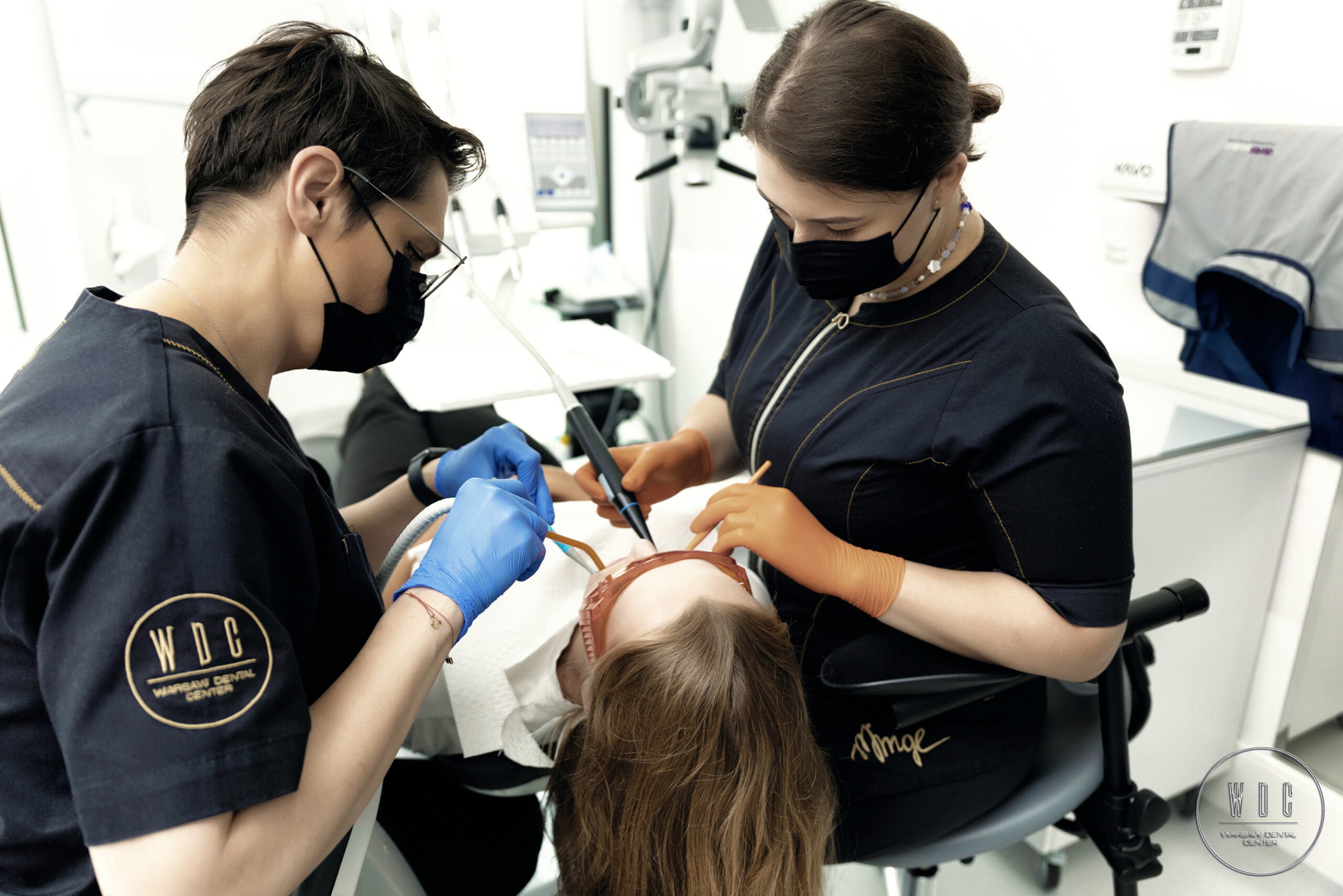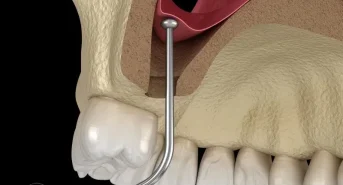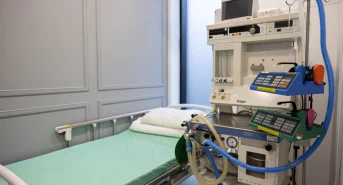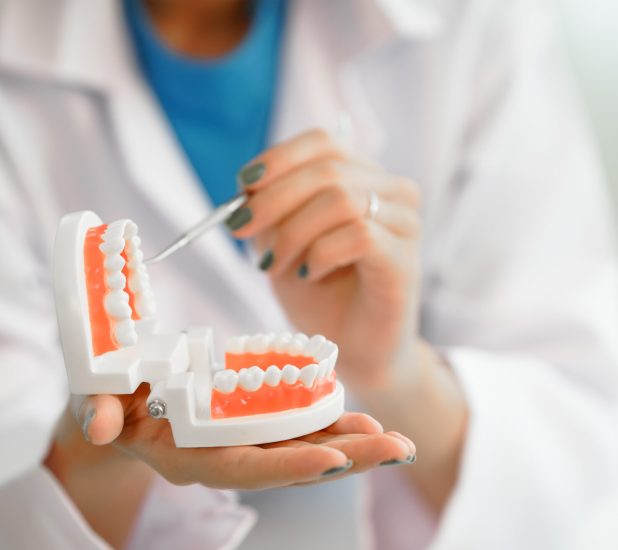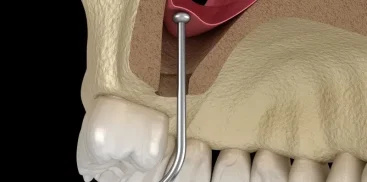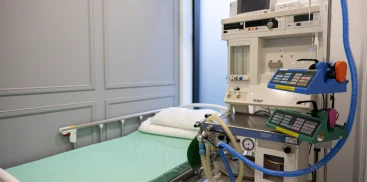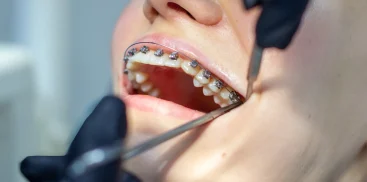Erupting wisdom teeth can cause discomfort, but not always.
Only an experienced dentist can accurately assess whether it is necessary to remove these teeth and how to proceed in a given case.
What are wisdom teeth?
Wisdom teeth, also known as quads, are the last four molars located on either side of the jaw. They are characterized by the fact that they most often appear in the oral cavity between the ages of 16 and 20, and sometimes even later, even at the age of 25-30. That’s why they are called wisdom teeth – their appearance is associated with increased maturity. However, not everyone has all four wisdom teeth. Some people do not have them at all, even though their buds are located in the jawbone. Although wisdom teeth are not essential, it cannot be said that they are completely unnecessary. Despite the potential problems they may pose, they may prove useful, for example as a transplant material, although today implants are more often preferred.
Do you always need to remove wisdom teeth?
Wisdom teeth are the last to erupt and there is often not enough room in the mouth for their proper development. These can become lodged under the gum tissue or bone, which can lead to pain, swollen gums and an increased risk of bleeding. In extreme cases, even trismus may occur. However, it is worth noting that it is not always necessary to remove them. Although wisdom teeth are susceptible to decay and other problems, they can sometimes be treated successfully. However, some countries recommend preventive wisdom teeth removal to avoid future complications. It is best to do this when they start to appear, but removal is possible at any time.
Procedure for surgical removal of wisdom teeth
The method of removing wisdom teeth depends on the individual characteristics of the patient. The procedure can be performed under local or general anesthesia. Usually, wisdom tooth removal is not complicateded, although it may take longer than other teeth, especially if it requires additional chiseling. If the wisdom tooth is properly erupted, removal is usually not a major problem and can be done under routine local anesthesia.
The period after wisdom tooth removal
After wisdom tooth removal, it is important to apply gentle pressure on the tooth with gauze for about half an hour to minimize bleeding. Applying cold compresses at home can help reduce pain and swelling. Usually, symptoms after the procedure disappear within a few days, but if the pain intensifies, the bleeding does not stop or a fever appears, a visit to the dentist is necessary. You should not eat or drink anything in the first hours after the procedure. Then you can drink liquids at room temperature or cool and avoid foods that require intense chewing. It is worth following these recommendations for at least 2-3 days. It is important for the patient not to worry that the removal of a wisdom tooth will negatively affect the arrangement of the remaining teeth – it usually does not have a major impact on the arrangement of the remaining bite.
Symptoms that suggest a visit to the dentist for wisdom teeth include pain around the teeth, sore gums, and a feeling of pressure. A professional evaluation by your doctor will determine whether wisdom teeth removal is necessary and what the best course of action is. It is worth choosing trusted clinics, such as Warsaw Dental Center, where an experienced team of dentists will provide accurate diagnosis and professional care.
